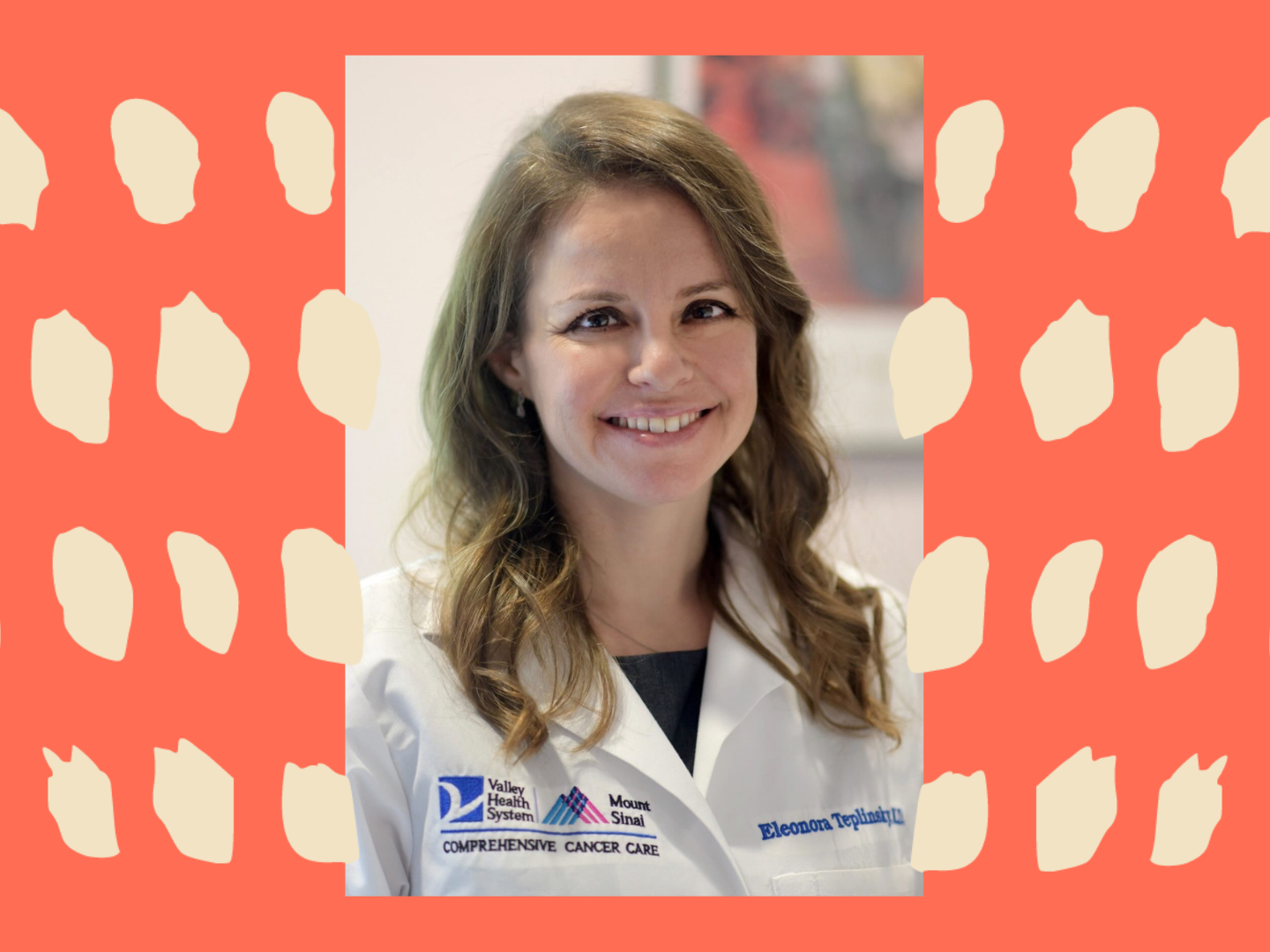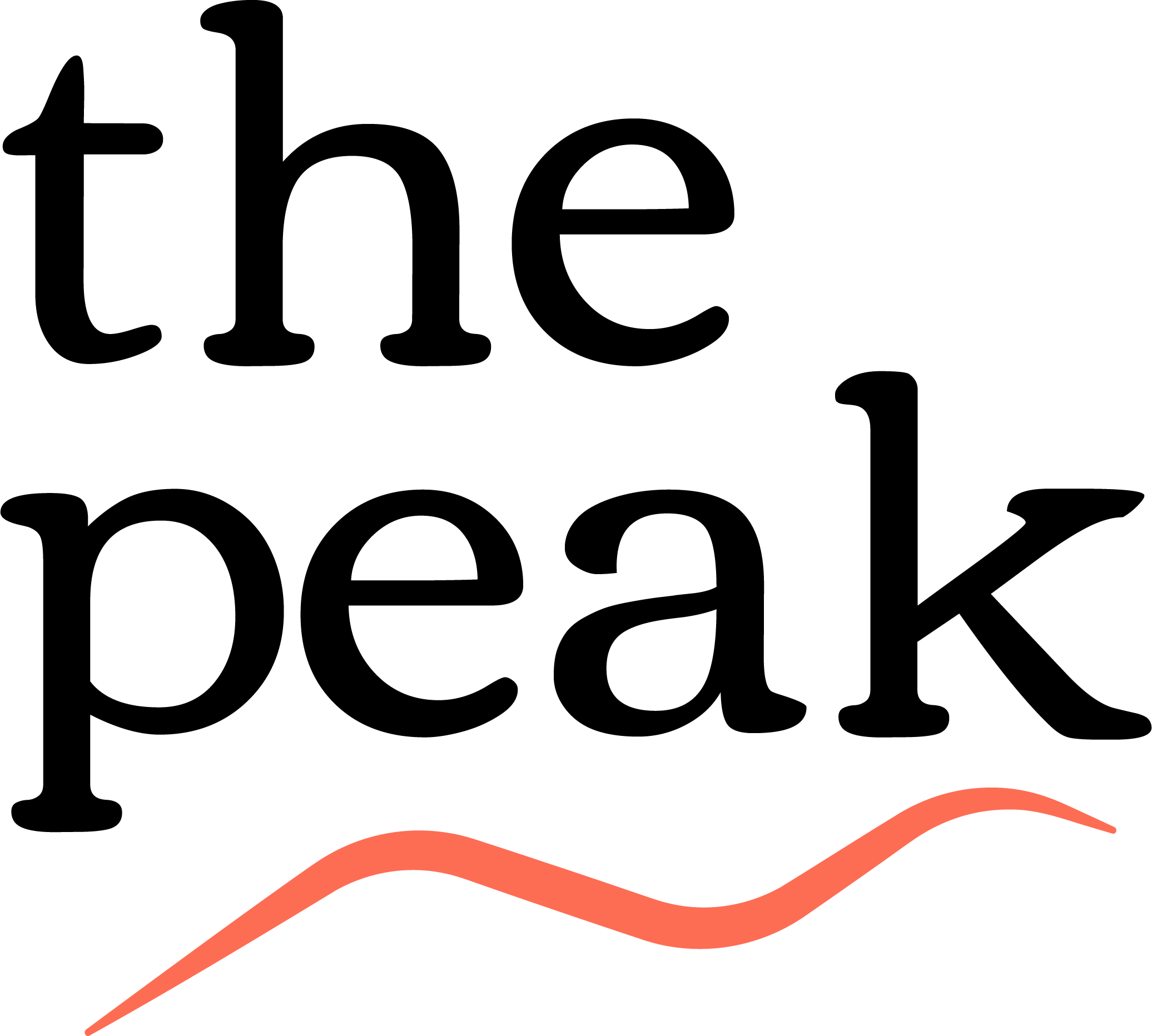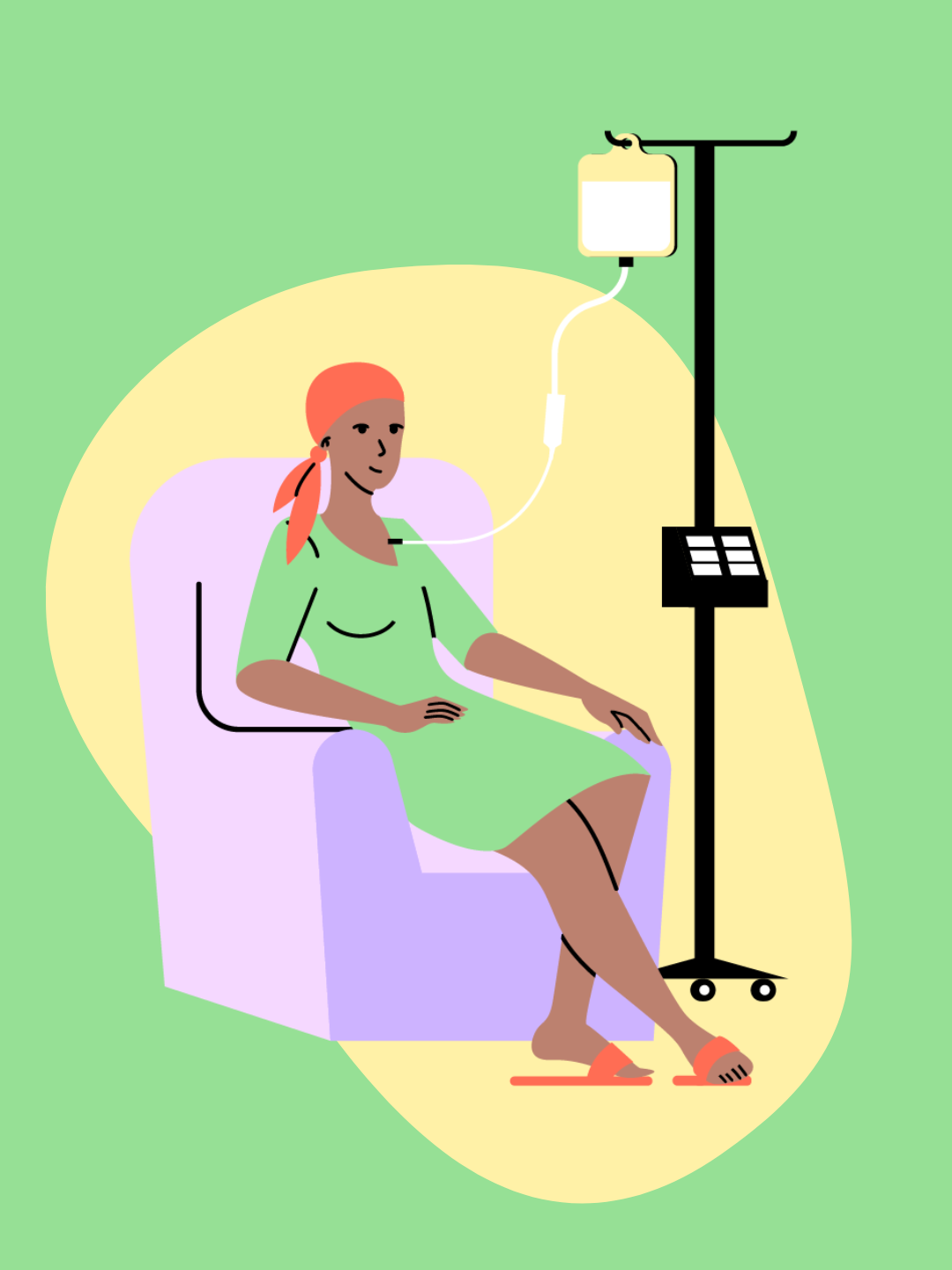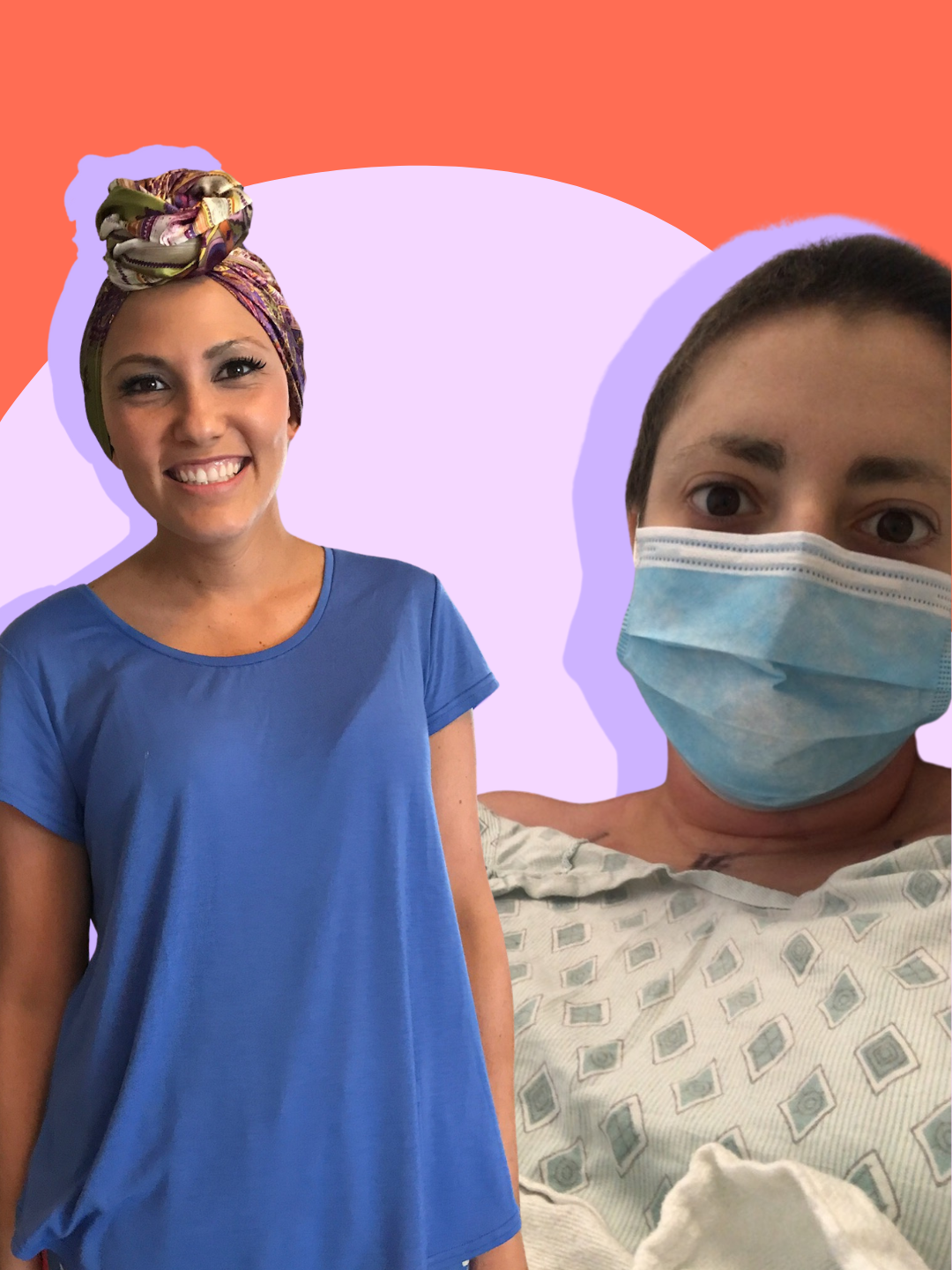What happens when access to two important cancer-fighting chemotherapies is cut off?
That is the challenge American cancer centers are facing, with carboplatin and cisplatin in short supply since early 2023, affecting an estimated half a million people, according to Dr. Eleonora Teplinsky, a board-certified medical oncologist specializing in breast and gynecologic oncology.
A June 2023 National Comprehensive Cancer Network (NCCN) survey found that 93 percent of centers were experiencing a shortage of carboplatin while 70 percent lacked cisplatin.
“That is a really tremendous number,” said Dr. Teplinsky, who is also Head of Breast Medical Oncology at Valley-Mount Sinai Comprehensive Cancer Care in Paramus, NJ.
In a conversation with The Peak, Dr. Teplinsky shared what lead to the shortages, whose treatment is at risk, and what we can all do about it.
What Causes a Chemo Shortage?
The cause of the shortage, Dr. Teplinsky explained, was “a perfect storm:” a manufacturer shutting down production, a lack of generic options, and concerns around the quality and safety of drugs produced overseas.
Unlike similar situations with antibiotic shortages, “it's not a matter of substituting one for the other,” she said. Due to the specificity and research behind chemotherapy, many questions can arise around the safety, efficacy, and potential side effects associated with switching drug protocols.
In the case of ovarian and uterine cancers, for example, “we have to follow the evidence and the evidence tells us that carboplatin and paclitaxel regimens are the backbone,” she said. “We can't take that backbone away at this time.”
“In certain cases, we can, but for the majority, we can't,” she said. “The ramifications of these are shortages really monumental.”
Dr. Teplinsky also explained that not everyone is affected by the shortage equally, with access to carboplatin and cisplatin varying across the country at different times, dependent on the source of the drugs and how much time it takes for increased production to trickle down to different communities.
Gynecologic, Breast Cancer Patients Among Those at Risk
Dr. Teplinsky explained that the standard of care for ovarian and uterine cancer is carboplatin in conjunction with paclitaxel, occasionally with additional targeted therapies. Carboplatin is also used to treat certain breast cancers, like triple-negative.
“These are combinations that have been shown in large-scale clinical trials to be the most effective,” she said. “They've been compared against other regimens, and either other regimens are more toxic, meaning they result in more side effects, or they're less effective in reducing the risk of recurrence.”
Other diseases impacted by the shortage include head and neck, lung, and GI cancers.
For patients navigating a diagnosis who are waiting to start treatment, not knowing when your next chemo might arrive “adds just this whole layer of uncertainty and anxiety and stress to an already challenging situation,” she said.

However, she wanted to remind patients that they are not facing these challenges alone.
“You're working with a team,” she said. “Your oncologist wants to give you the drugs as much as you want to receive them … Know that your oncology team is doing everything that they can to either get you the drugs or put in a really alternative and effective substitute.”
Since the shortage first emerged, she explains that the American Society of Clinical Oncology (ASCO), and the Society of Gynecologic Oncology have issued guidance to support patients and their teams.
“There's a lot more resources now than we had a few months ago.”
Advocate for Transparency from Drug Makers
Since the shortage first hit the United States, she said, “There's been an increase in production, and I think what we need now is really long-term solutions.”
Dr. Teplinsky explained that drug manufacturers do not have as much incentive to produce generic versions of medications due to reduced profits and with a lack of transparency into the state of production, physicians were unable to prepare for the shortage.
However, she said, there are new laws, such as the Drug Shortage Prevention Act, that would provide the Food and Drug Administration (FDA) with greater insight into production to allow physicians to better prepare should something like this happen again.
So what can we do?
“Individuals can help by writing to their elected officials and talking about why the drug shortages are a problem,” she said.
“There is power in numbers because elected officials have to listen to their constituents. But if we're not reaching out and we're not sending these letters, they're not hearing from constituents and things don't get passed.”
Dr. Teplinsky has a draft letter available for United States residents to send to their elected officials, articulating the important role these drugs play in cancer care.
“ There's always going to be something if we don't come up with long-term solutions because this will keep happening again,” Dr. Teplinsky warned.







